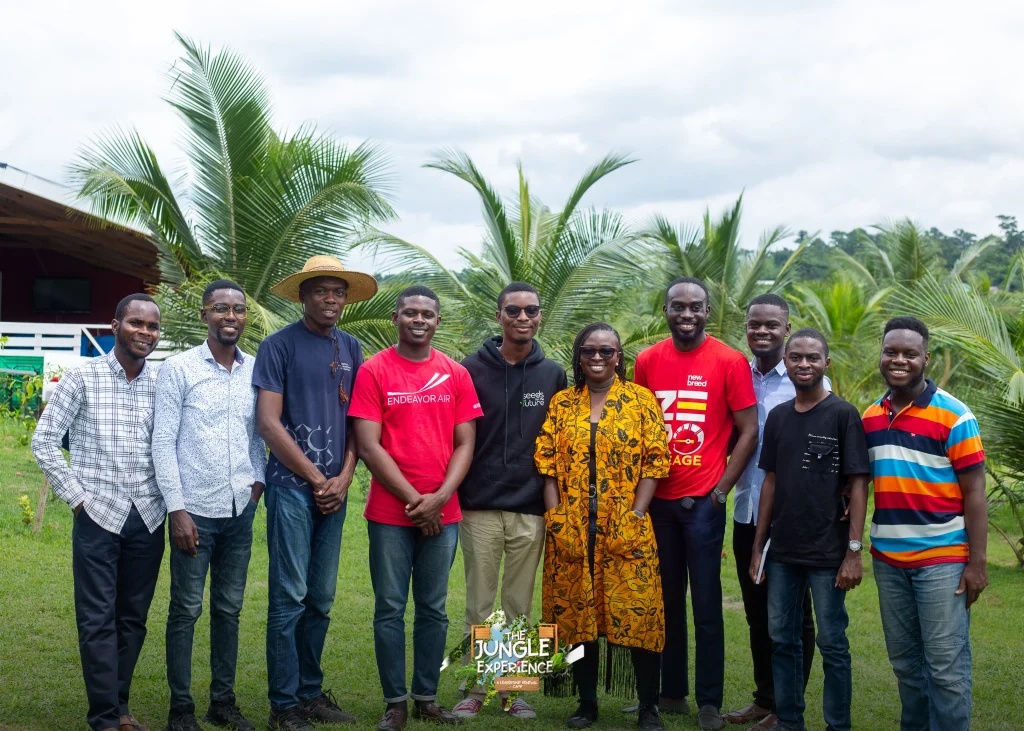Go to school, get good grades, get a good job! This was the pathway to a successful career according to what I was told. “By whom”, you would ask. I don’t remember. It was ingrained in my mind. I knew once I got out of school with great grades I was on my way to success! Big salary at a great company and voila! All was going to fall right into place. And then not. It was very different from what I expected. My great grades were not the tools I needed. Rather, it was what got me into the room. Once I was in the room, there was so much more expected of me. Whew! Those early days were rocky.
Within the first few months of my job right of the university, I became aware that one of the biggest tasks for me was to understand how to work with different people. I had older more experienced colleagues and I also have contemporaries. The conundrum became evident when I realized that each person had their own personality, had their own quirks, and not everyone was going to be my friend or like me for that matter.
That is how I came to the realization that acquiring the required educational and technical certifications is very important but beyond one’s qualifications and technical competence, people skills or soft skills are very important. Technical competence in a field is absolutely important and not negotiable. If you are a marketing practitioner, for instance, you cannot survive or thrive if you do not understand marketing and are unable to apply its concepts to produce results. But beyond knowing what to do, knowing how to do it whilst working with other people is key.
A former colleague of mine once lamented, “I like working with machines! They don’t have all these emotional issues”, the truth is because we are feeling, breathing people and most of us are likely to work more with people than with just machines, we must master the art of working effectively with other people. These soft skills are learned and for most of us not naturally inherent.
I’ll focus on just one desirable attribute – team player. Everyone wants to work with a “team player”. What does it mean to be a team player? A team player is an emotionally intelligent individual who is able to effectively work with other people. They listen, they learn, they manage conflict properly and they prioritize the shared goals. A team player is someone who has mastered the soft skills of empathy, and clear communication, has a positive attitude and is optimistic, is committed to the team, and knows how to collaborate.
Having provided commercial leadership in both the service sector and (since 2019) in manufacturing, I have come to believe that a business executive’s biggest asset is being able to work effectively across teams, building consensus, and collaborating to achieve results. A leader is not one who simply gives instructions to team members. A leader is one who can get the team to move in a particular direction – leadership is influence.
Does being a team player mean you do not speak up and dissent? No. It means you can communicate that dissent in a respectful yet assertive manner. So instead of saying, “What you just said is irrelevant” to a colleague, you could say, “That’s an interesting thought, but it may not apply to this current situation.”
“How to Win Friends and Influence People” by Dale Carnegie is my recommended reading if you’re trying to figure out how to effectively build your people skills. The crux of the matter is, everyone wants to feel important and once you ensure that your interactions are making them important, you win. Tact, empathy, and the ability to remain calm are important traits of leadership and to be a team player, these skills should be honed.
Skills are like muscles, the more you flex them, the better you become at them. Other “muscles” you may want to flex are communication skills, negotiation skills, problem-solving, critical thinking, and the list goes on and on.
Essentially, your success may not only depend on your certification and qualification but on how you interact with people.

